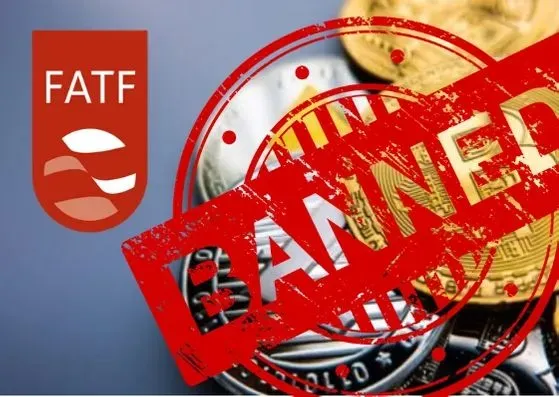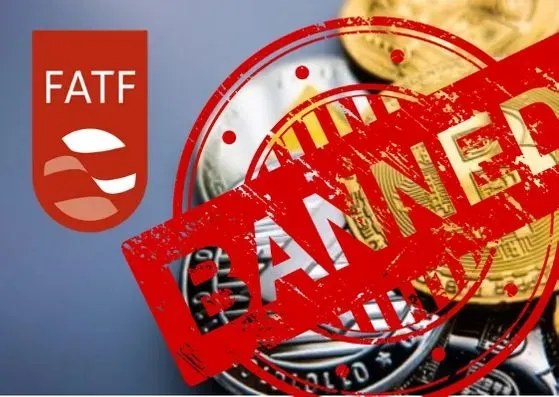The Financial Action Task Force has released a set of recommendations mandating all cryptocurrency exchanges to share customer data during transactions.

The Financial ActionTask Force is in the crypto media again. This time it is going a little too far, according to some in the business. The exchanges are claiming that this kind of regulation is too much for them to bear.
A set of recommended regulation has been finalised and sent to its 37 member countries on June 21st. These apply to for virtual asset service providers (VASPS), including cryptocurrency exchanges. The different entities have 12 months to implement the recommended regulations.
Is it a legal requirement?
The FATF regulations are not law and hence there is no legal requirement to follow them. However, most companies track the FATF regulation status of anyone they wish to work with. Non-compliance of the regulation could lead to the company being “grey-listed” or even “black-listed”. This could prevent companies from doing business with them, as well as, make them a target for law enforcement.
On of the most controversial recommendation is the provision that mandates VASPs to share information about transactions when transferring from one entity to another.
According to FATF’s decision, this data will be shared:
“(i) originator’s name (i.e., the sending customer);
(ii) originator’s account number where such an account is used to process the transaction (e.g., the VA wallet);
(iii) originator’s physical (geographical) address, or national identity number, or customer identification number (i.e., not a transaction number) that uniquely identifies the originator to the ordering institution, or date and place of birth;
(iv) beneficiary’s name;
(v) beneficiary account number where such an account is used to process the transaction (e.g., the VA wallet).”
It is similar to the way banks share information of the customers making exchanges. However, many in the industry are pointing out that this cannot apply to cryptocurrencies. Cryptocurrencies are confidential by design. There is no way an exchange can keep track of the transactions and link customers to those transactions. Decrying the new regulation, the exchanges are saying that the FATF does not seem to h=understand the first thing about cryptocurrencies or are purposely ignoring the possible outcome of such a regulation.
The Outcome?
Exchanges and entities that are heavily invested in crypto will be forced to close shop. The others will have to shut down all crypto services being provided depriving the companies of a large section of their clientele.
While the companies understand that FATF’s new regulation is trying to clamp down on money launderers, they are claiming that this approach will only shut down legitimate business and force illegal activities even further underground.
The Future
What we are seeing in the past few weeks is the natural consequences of two systems that are built in complete opposition to each other, traditional banks and fiat money versus exchanges and cryptocurrencies. If countries and companies don’t sit down to iron out these issues, it could lead to major damage to both sides.



